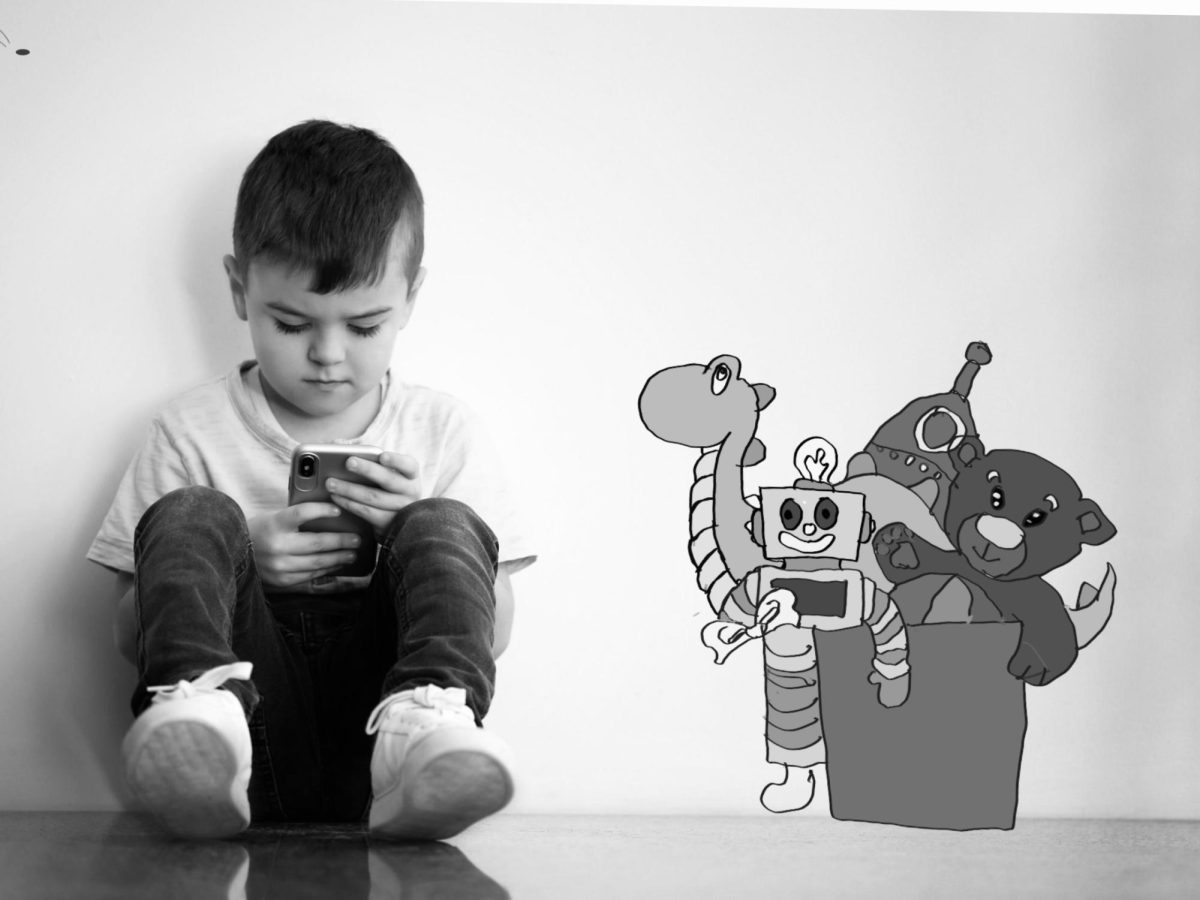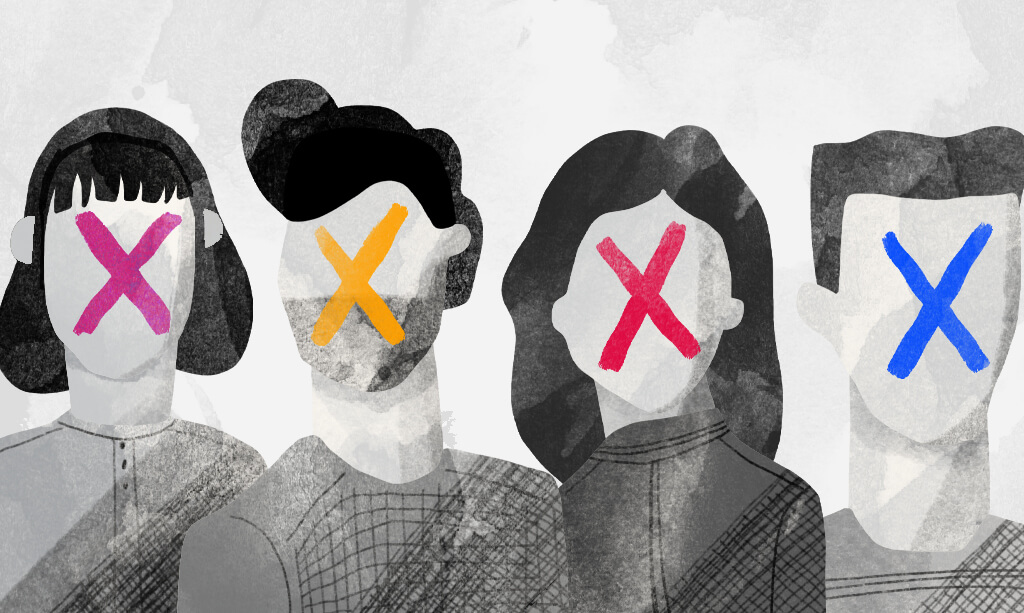Generation Alpha, born between the years of 2010 to 2024, is the first to grow up entirely in the 21st century— a time of revolutionary technological advancements. Generation Z, born between 1996 and 2009, experienced the gradual evolution of technology and social media. As this generation got older, they witnessed the release of new iPhone models and the advancements in artificial intelligence, which developed their addiction to technology and phones slowly over time. However, Gen Alpha is growing up in a world where technology is part of their everyday life, making them the first generation to experience its detrimental effects very early on in life.
With exposure to phones so early on, Gen Alpha has not been held back from diving into one of the most detrimental aspects of technology: social media. Children who have access to platforms like TikTok, Instagram and Snapchat are at risk of hindered brain development, resulting in the possibility of depression, anxiety and underdeveloped social skills. Overall, children should not be exposed to social media at a young age due to the detrimental mental and social effects.
Most families provide their children phones around middle school, as the need for outside communication grows with increased independence. While phones offer essential benefits like texting, phone calls and tracking apps to stay connected with young children, many kids begin to push for access to social media. With a device that offers endless opportunities to engage on social media platforms, they will most likely want to explore. However, children under the age of around 15 are generally not ready to handle the responsibility of managing social media. Their prefrontal cortex— responsible for decision making, reasoning and maintaining social appropriateness— isn’t developed yet. Having underdeveloped brains they are less capable of understanding the potential consequences of their actions on social media, such as what they post, view and who they interact with. Additionally, kids will not be able to recognize inappropriate or unsafe behaviors online, making them more vulnerable to the exposure to harmful content. Therefore, keeping kids off of social media apps at this stage will protect their mental and emotional development, benefiting them in the long run.
“Delaying social media immersion helps ensure that they will be more mature about what they post, more able to resist its addictive appeal and less vulnerable to emotional harm,” the Child Mind Institute stated.
Social media is also extremely damaging for the emotional well-being of kids. It is designed to provide instant gratification through likes, comments and shares, which can create a sense of needing validation. If we don’t receive positive feedback, it is easy to feel self-conscious or bad about ourselves. Young children are not equipped to understand or manage these feelings, often resulting in low self-esteem, anxiety or even depression at a very early age.
Furthermore, social media increases the risk of exposure to cyberbullying or social exclusion, which can be particularly hard to handle as a child. For instance, when they see friends hanging out without them through social media posts, older teenagers might have the maturity to reflect and consider the broader context. In contrast, younger children are more likely to react impulsively or assume the worst, as they lack life experience and emotional resilience to negative situations. With a lack of maturity, kids should stay off of social media all together until they are ready to handle possible negative outcomes.
“[A teen is ready for social media] when they are ready [to] depend on things like their ability to read social cues, their impulse control and their vulnerability to criticism or rejection,” clinical psychologist at the Child Mind Institute Jerry Bubrick said.
Finally, young children should be allowed to be children and not have their days absorbed in their screens. While the times have changed, and kids today have unprecedented access to technology and social media, keeping them off of platforms to enjoy being a kid will only help them in the long run. Children should spend their time interacting with each other, using their imagination and building real life connections instead of over the screen ones. Face-to-face interactions are essential for developing social skills like empathy, effective communication and the ability to read social cues. Without these experiences, children may find it harder to maintain relationships in the future.
Although resisting societal pressure in our rapidly advancing digital world is challenging, delaying children’s exposure to social media will have profoundly positive impacts on their mental health and social world. CEO of Social Awakening Max Stossel works with parents about the impacts of technology on kids.
“I am still waiting for the first parent to tell me they wish they had given [social media to their children] sooner,” Stossel said.










